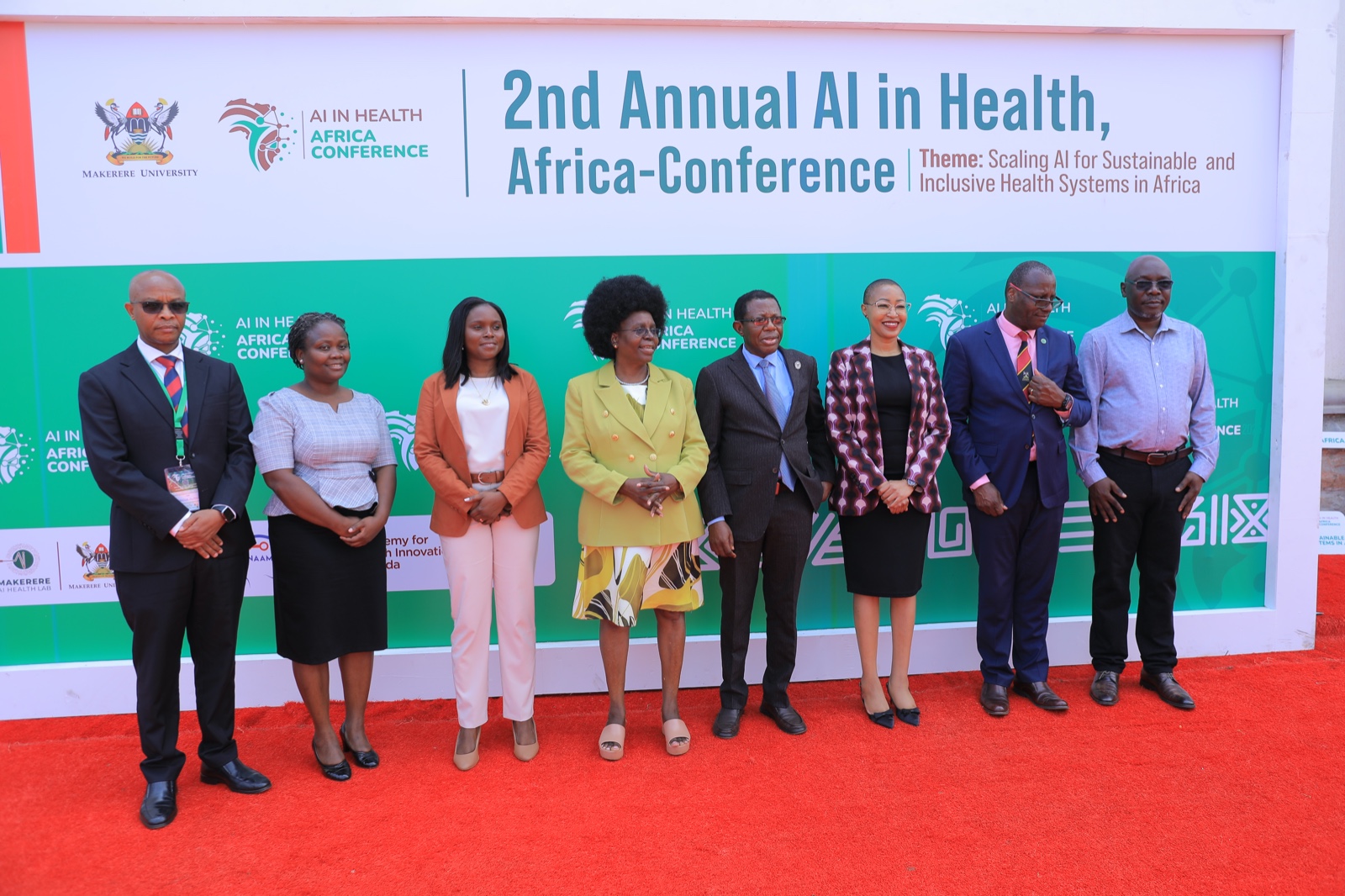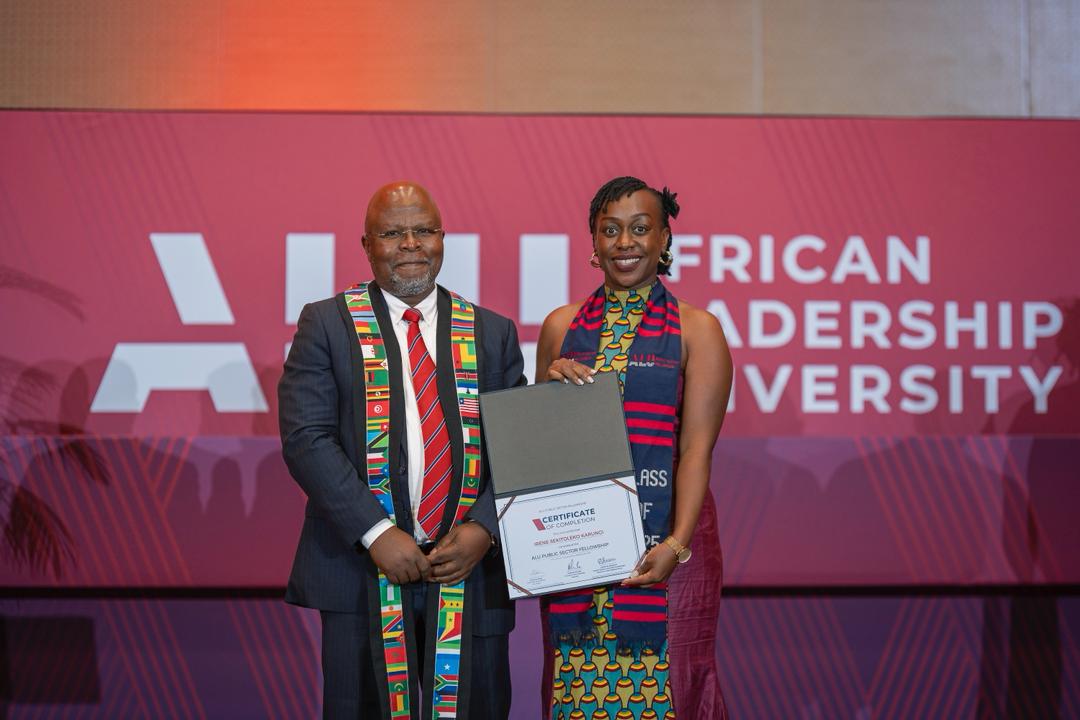Government Pushes for Indigenous AI Solutions in Health at 2nd AI in Health Africa Conference

Hon. Dr. Monica Musenero, Minister of Science, Technology, and Innovation, challenged participants at the 2nd AI in Health Africa Conference (AIHAC) in Kampala to move beyond the passive use of technology and actively build a home-grown digital economy. “We can no longer be passive participants or remain in the shallow end of science; we must enter the ‘evil forest’ and develop our own digital economy,” she said.
The AIHAC 2025, held from 6th to 7th November 2025 in the Main Hall at Makerere University, was themed “Scaling AI for Sustainable and Inclusive Health Systems in Africa.” The conference convened policymakers, researchers, innovators, industry leaders, healthcare professionals, and development partners to explore how Artificial Intelligence (AI) can be harnessed to strengthen healthcare systems across the continent.
Building on the success of the inaugural event, this year’s conference emphasized South-to-South collaboration, knowledge exchange, and the localization of AI within African healthcare systems. Discussions focused on integrating AI with indigenous knowledge systems, addressing linguistic and cultural diversity, and ensuring that AI strengthens existing healthcare tools rather than creating isolated solutions. Participants also explored the role of Generative AI in healthcare innovation and the development of sustainable business models.
In her remarks, Hon. Dr. Monica Musenero emphasized the need to shift from being consumers of imported technology to creators of indigenous solutions. She noted that while society often celebrates those who own the latest gadgets, true progress lies in building the capacity to design and manufacture technology locally. She cautioned that overreliance on foreign technologies undermines sustainable economic growth and limits global competitiveness.
On behalf of the Permanent Secretary, Ministry of ICT and National Guidance, Mr. Ambrose Ruyooka, Assistant Commissioner for Research and Development, reaffirmed the Government of Uganda’s commitment to leveraging AI as a catalyst for national transformation. He detailed progress on the National AI Governance Framework and National Emerging Technologies Strategy, which aim to guide ethical and inclusive AI adoption, data governance, and frontier technology deployment for socio-economic growth. These initiatives closely align with the Digital Transformation Roadmap (DTR), which prioritizes digital infrastructure, innovation, service delivery, skills development, and governance as critical enablers for Uganda’s digital future.
The Government’s commitment is demonstrated through initiatives such as the launch of the Artificial Intelligence Health Lab at Makerere University’s College of Computing and Information Sciences (CoCIS). This cutting-edge facility, established through a collaboration between the Government of Uganda and Makerere University, is dedicated to harnessing AI to enhance healthcare delivery through data-driven diagnostics, predictive analytics, and advanced medical research. Officially launched on 30th May 2024 by Dr. Aminah Zawedde, Permanent Secretary of the Ministry of ICT and National Guidance, the lab reflects the country’s vision to revolutionize diagnostics, treatment planning, and personalized care.
Complementing these efforts, innovations like Mak Ocular, a locally developed AI-powered mobile microscopy system, showcase how Ugandan scientists and innovators are applying artificial intelligence to tackle pressing health challenges. Supported by a USD 1.5 million grant from Google.org and developed at Makerere University, Mak Ocular automates the diagnosis of diseases such as malaria, tuberculosis, and cervical cancer, significantly improving diagnostic speed and accuracy.
Together, these initiatives illustrate Uganda’s unified approach combining government leadership, academic innovation, and international collaboration to build sustainable, inclusive digital health systems. This multi-stakeholder strategy ensures AI-driven healthcare solutions are ethical, contextually relevant, and widely accessible, ultimately contributing to better health outcomes for all Ugandans.


